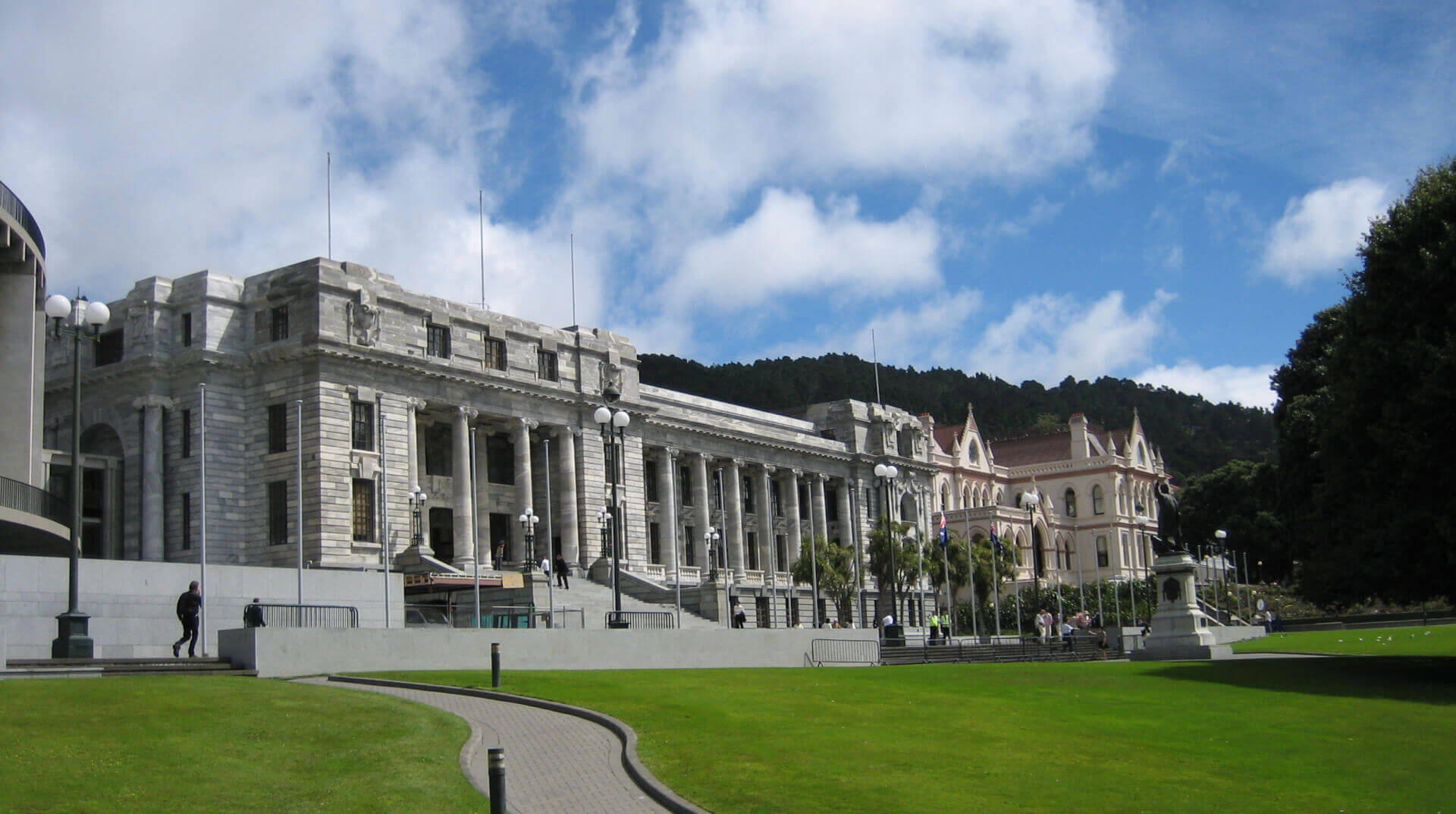New Zealand’s ruling Labour party, which holds a majority in the parliament, has said that it would not back a proposal by the opposition right-wing ACT Party to label China’s actions in Xinjiang as “genocide”. Ultimately, a watered-down motion, in which lawmakers expressed their “grave concern” about “possible serious human rights abuses” by Chinese authorities in Xinjiang, was unanimously passed.
Originally, ACT Party Deputy Leader Brooke van Velden called on the parliament to pass a motion that declares that Uyghurs and other minorities in China’s Xinjiang province are “suffering crimes against humanity and genocide.”
However, given New Zealand’s close trade ties with China, the Labour party, which is led by Prime Minister (PM) Jacinda Ardern, only agreed to pass a motion that expresses “grave concern” about the ‘possibility’ of “severe human rights abuses”.
Unsurprisingly, van Velden has denounced the Labour party’s “intolerable” decision, saying, “I started with the same motion as the British, then had to dilute and soften it to gain the approval of New Zealand's governing party,” adding, “Genocide does not require a war, it does not need to be sudden. It can be slow and deliberate and that is what is happening here.”
Likewise, Green Party global affairs spokesperson Golriz Ghahraman said, “It is important the words that we use in condemnation of what is happening, at the scale that it's happening, with the systemicity that is happening in Xinjiang province in China, and at the hands of any government that treats its minorities with persecution and with what we know is what amounts to torture, what amounts to forcible sterilisation with children being removed, and what we know the numbers are, which is approaching well over a million.” She further criticised the government for its “stunningly callous…[and] absolutely morally indefensible” decision to prioritise trade concerns, and went on to say that it was a “breach of New Zealand’s legal obligations.”
Foreign Affairs Minister Nanaia Mahuta, however, stood behind Labour’s decision and said it was not because of a “lack of concern”. She remarked that genocide is the “greatest of international crimes” and that such a declaration could only be made “following a rigorous assessment on the basis of international law.”
On Monday, Prime Minister (PM) Jacinda Ardern said that New Zealand’s differences with China don’t entirely define their bilateral ties, but conceded that Beijing’s divergent interests are “becoming harder to reconcile.”
The Ardern administration has repeatedly taken a careful approach to its dealings with China. While Auckland has co-signed a number of joint statements with Five Eyes members on some matters related to Hong Kong and Xinjiang, it has consciously chosen to remain uninvolved in other issues.
In March, New Zealand refused to sign a joint statement by its Five Eyes partners and ten other countries who came together to condemn a report by the World Health Organization that said that COVID-19 likely originated from bats, thereby dismissing the theory that it had leaked from a lab. It is also the only Five Eyes member to not yet ban the use of Huawei equipment in its 5G network.
Furthermore, last month, Foreign Affairs Minister Mahuta stated the country’s desire to maintain the Five Eyes alliance with the United States (US), the United Kingdom (UK), Australia, and Canada as an intelligence-sharing group and not use it as a means to place pressure on China. She remarked, “We are uncomfortable with expanding the remit of the Five Eyes. We would much rather prefer to look for multilateral opportunities to express our interests on a number of issues.”
Therefore, the latest decision by New Zealand’s Labour party has once again put the country at odds with its allies in the United States (US), the United Kingdom (UK), and Canada, who all passed motions to label China’s actions in Xinjiang as genocide. That being said, New Zealand’s ruling party is not alone in its reluctance to endanger ties with China. Although Canada’s House of Commons unanimously passed a motion that declares China’s actions in Xinjiang as genocide 266-0, Prime Minister Justin Trudeau and his Cabinet conspicuously abstained from the vote.

